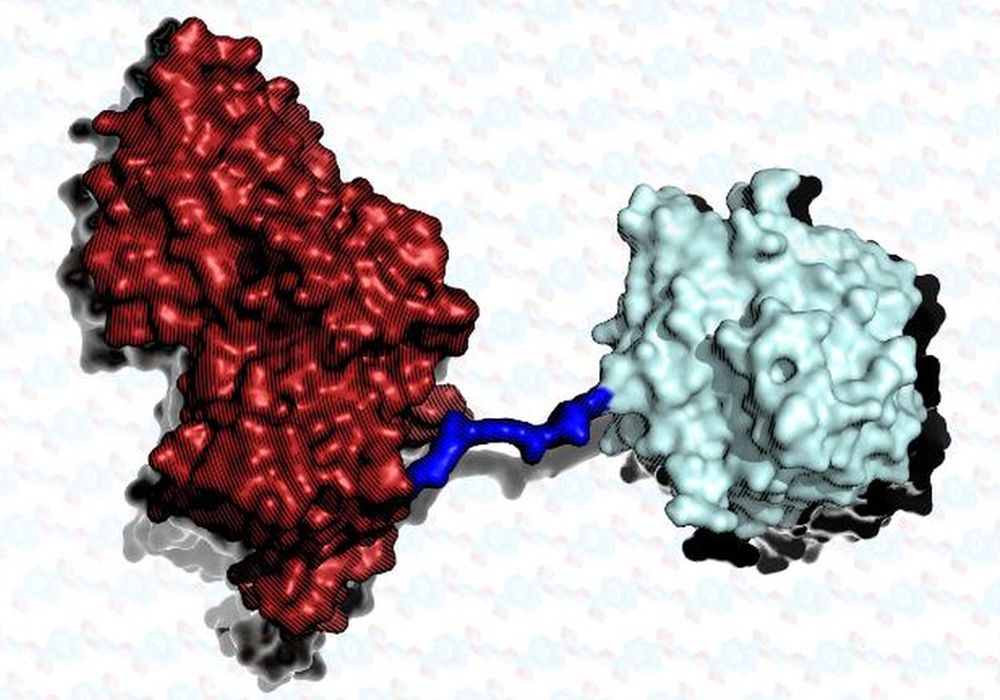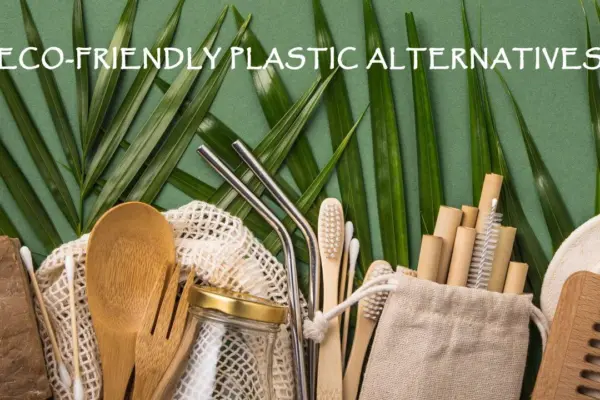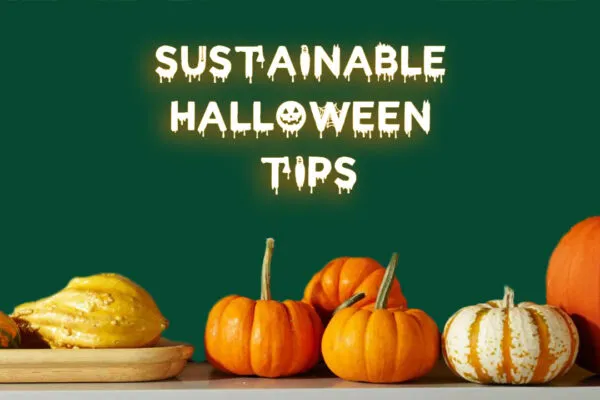Scientists Develop a Super-Enzyme That Degrades Plastic Bottles Six Times Faster
It is not a hidden fact that plastic is a non-biodegradable material, and it could take many years to degrade. Therefore, scientists have developed a super-enzyme that can degrade plastic bottles six times faster, so it could be used for recycling within a year or two. The new study discovered a second enzyme, which is also found in the Japanese bacteria, that doubles the pace of degradation of the chemical groups liberated by the first enzyme.
As the two enzymes are not possible for a bacterium to create, therefore, the scientists connected the two enzymes in the lab and saw a promising result. The team of researchers is now examining ways to make the enzymes work even faster. The new research by scientists at the University of Portsmouth and four US institutions is published in the journal Proceedings of the National Academy of Sciences.

Two enzymes were combined together to create the super-enzyme | Image: Aaron McGeehan
The super-enzyme is derived from bacteria that naturally evolved the ability to eat plastic and enables the full recycling of the bottles. Scientists are of the belief that by combining it with enzymes that break down cotton could also help mixed-fabric clothing to be recycled.
When we linked the enzymes, rather unexpectedly, we got a dramatic increase in activity. This is a trajectory towards trying to make faster enzymes that are more industrially relevant. But it’s also one of those stories about learning from nature, and then bringing it into the lab. Mixed fabrics (of polyester and cotton) are really tricky to recycle. We’ve been speaking to some of the big fashion companies that produce these textiles, because they’re really struggling at the moment.
said Prof John McGeehan, at the University of Portsmouth, UK.
The super-enzyme was developed by linking two different enzymes, both of which were found in the plastic-eating bug discovered at a Japanese waste site in 2016. The researchers unveiled an engineered version of the first enzyme in 2018, which began to degrade plastic within a few days. Nonetheless, this super-enzyme gets to work six times faster.
Also Read: Scientists Create Mutant Bacterial Enzyme to Recycle Plastic Bottles Within Hours
The new enzyme functions at room temperature and McGeehan said that combining various approaches could speed progress towards commercial use. If better, faster enzymes can be made by linking them together and provide them to companies like Carbios, and work in partnership, we could start doing this within the next year or two.
This invention could really help reduce the plastic pollution that has plagued the planet for years and now turning into a big headache for the perpetrators – we humans!


